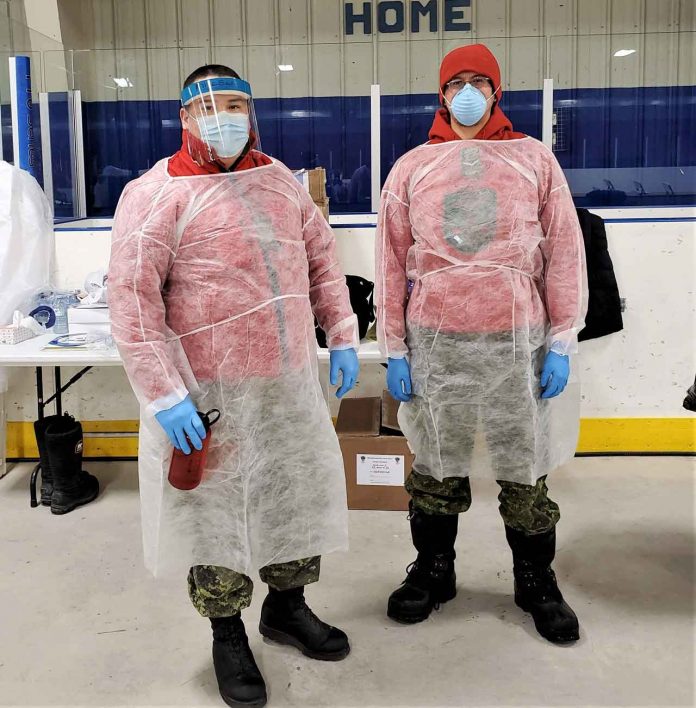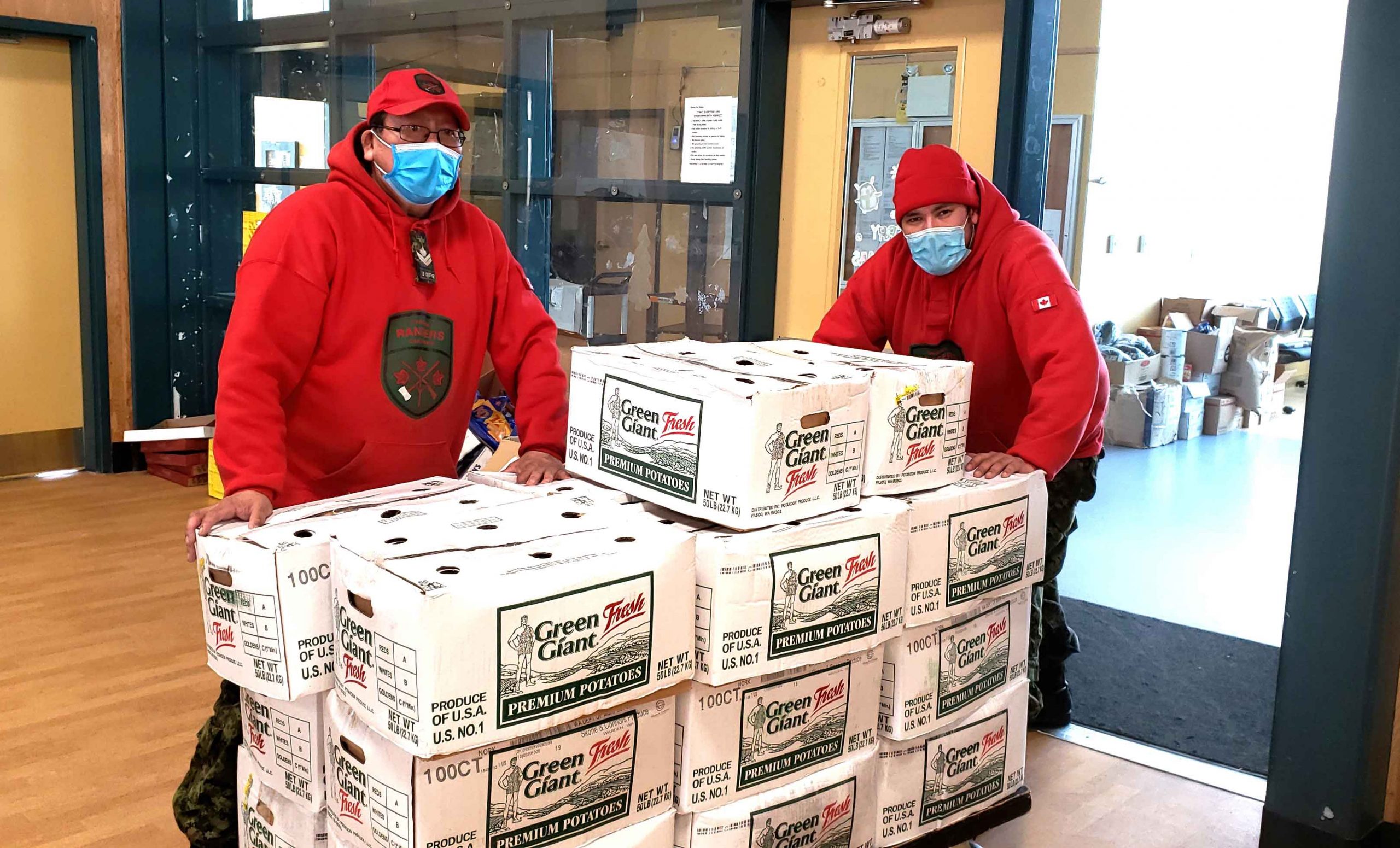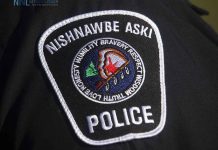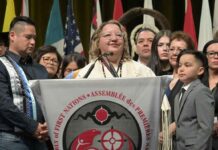
THUNDER BAY – COVID-19 Update – Nishnawbe Aski Nation (NAN) Grand Chief Derek Fox is calling for provincial and federal agencies to respect all community pandemic protocols that remain enacted in First Nations across NAN territory as the Government of Ontario prepares to ease restrictions.
“While numbers may be in decline in some parts of the province, we continue see extremely high numbers of COVID-19 across our Nation. This virus and its variants remain a serious threat to our people and our communities, with some experiencing their highest numbers since the beginning of the pandemic,” said Grand Chief Derek Fox. “The move to lift restrictions may be justified based on data from some areas of the province, but this decision does not consider the significant impacts that will be experienced by our communities. Strict protocols have been enacted in many of our communities and will remain in effect at the discretion of local leadership. Our communities are self-governing, and their decisions regarding pandemic restrictions do not have to be made in step with the province. The decisions made by our leaders are final and must be respected by everyone concerned.”
Currently, there are 651 active cases of COVID-19 reported in 25 NAN communities. As cases increase across the region, five NAN communities are now under a state of emergency and have suspended non-essential and inter-community travel. NAN’s COVID-19 Task Team is now collaborating with health authorities and Tribal Councils to develop materials to support communities as they determine how to ease their restrictions and to move from a crisis response to a longer-term response.
The easing of restrictions will also affect NAN community members living in urban areas. Many communities have exhausted their resources during the pandemic and can only provide limited support to their urban members. Existing municipal and provincial services often leave our people out through language or cultural barriers. NAN and NAN Tribal Councils have provided considerable support to urban members throughout the pandemic, but there is no indication of ongoing provincial and federal support.
NAN is also seeking clarification from Transport Canada on how the current vaccine travel mandate will be affected as restrictions are eased. Many NAN members in remote communities rely on air travel to access essential social, legal, health and education services. Exemptions are in place to allow unvaccinated people from remote communities to travel by air, but they are complex and difficult for many members to navigate.

Credit: Sergeant Richard Mifflin, Canadian Army
Since 2019, NAN has collaborated with the federal and provincial governments, regional health authorities, Ornge, the Canadian Rangers, to support community leadership and local pandemic teams including three phases of Operation Remote Immunity to distribute vaccines to NAN citizens.
While the COVID-19 vaccine uptake in many NAN communities is high, persistent inequities in health care access and infrastructure remain, leaving many communities at an increased risk of disproportionate impacts from a COVID-19 outbreak unless their protocols are respected.





